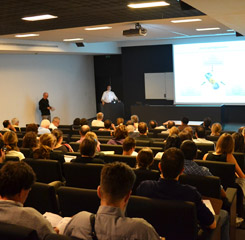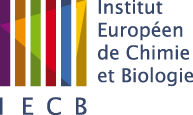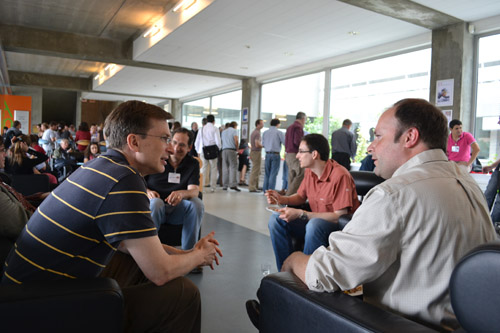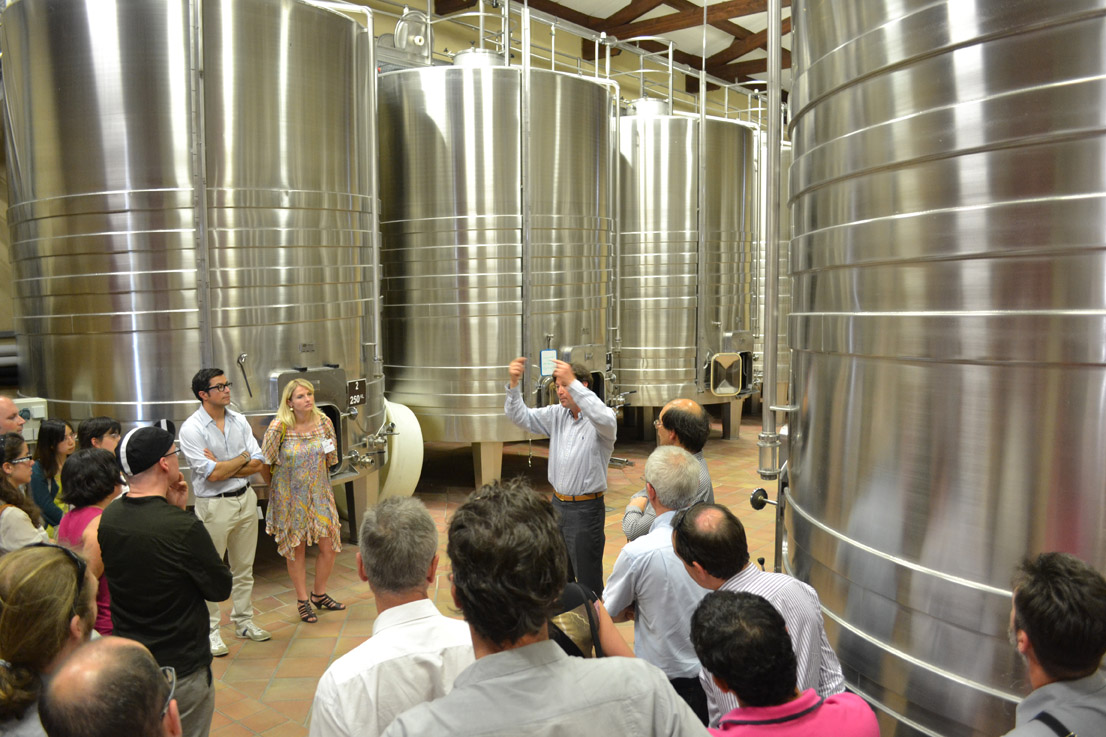| 250 researchers and entrepreneurs from South-West Europe meet at IECB |

250 researchers and entrepreneurs from South-West Europe meet at IECB
As part of the Interbio project, this event was designed to foster interregional cooperation in life and health sciences: “With regards to innovation in the field of biotechnologies, France, Spain and Portugal are not performing as well as their neighbors from northern Europe. The Interbio project aims at creating novel and fruitful scientific interactions as well as boosting technology transfer in South-West Europe, so that we all remain competitive in such a highly strategic field” says Jean-Jacques Toulmé, Director of IECB and Interbio coordinator for the Bordeaux region. “Approximately 10% of the attendees of the Interbio week were from the industry. I hope that the event will give rise to new public-private collaborations in the frame of Interbio.”
Besides the two workshops on microfluidics and RNA, the main event of the Interbio Week was a three-day symposium entitled “Rethinking Targets for Therapeutic Intervention”. The programme was focused on innovative approaches to drug design and development, ranging from studying structure/activity relationships, systems biology to metabolic profiling. “The “one disease, one target, one drug” paradigm is now obsolete” explains Pr. Stéphane Quideau, group leader at IECB and member of the symposium scientific committee. “Our aim was to gather all people from the Interbio community interested in exploring novel therapeutic approaches while inviting inspirational international keynote speakers both from the academy and the industry.” … and Bordeaux wine under scrutiny of Interbio chemists and biologists
Of course, the Interbio Week also gave the opportunity to Interbio participants to get a feel, or rather a taste (with moderation) of Bordeaux. The social program included a diner at the Château Carbonnieux, one of the oldest vineyards of the Bordeaux area. The owner of the château offered a guided tour of the château, explaining how the wine making process evolved since the foundation of the estate by the Benedictine monks in the 13th century. “Scientific groups are quite challenging… Their questions about yeast and tannins are very accurate” he commented with a smile. Antonio Pineda Lucena, who heads the Structural Biochemistry Laboratory at CIPF and coordinates the Interbio project in Valencia, was enthused by this first Interbio week: “Over the three events, the scientific committees managed to invite high-standard speakers who attracted both the academic and industrial communities from each of the Interbio nodes. I believe this first Interbio week has been an inspirational event for all of us. In addition, in parallel of the meeting, the discussions we had bode well for the future of the Interbio project”. |
2, Rue Robert Escarpit - 33607 PESSAC - France
Tel. : +33 (5) 40 00 30 38 - Fax. : +33 (5) 40 00 30 68






